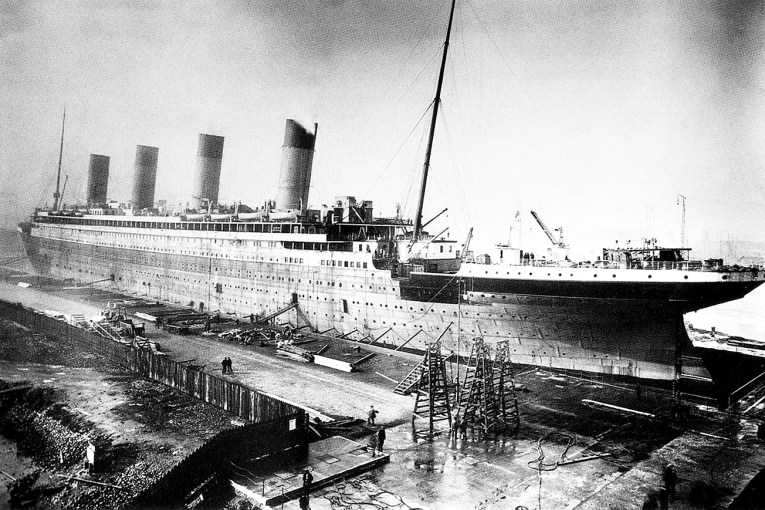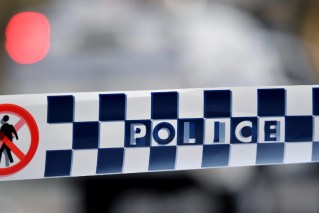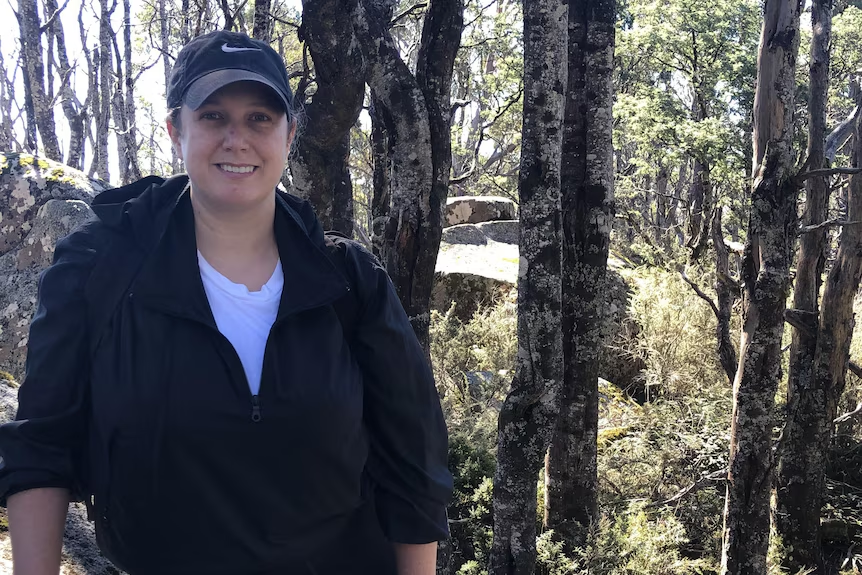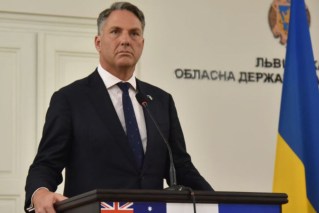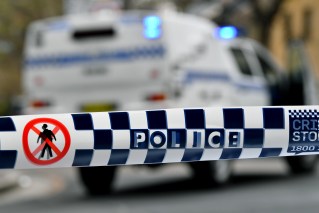Sweden mulls ‘open door’ policies after truck massacre
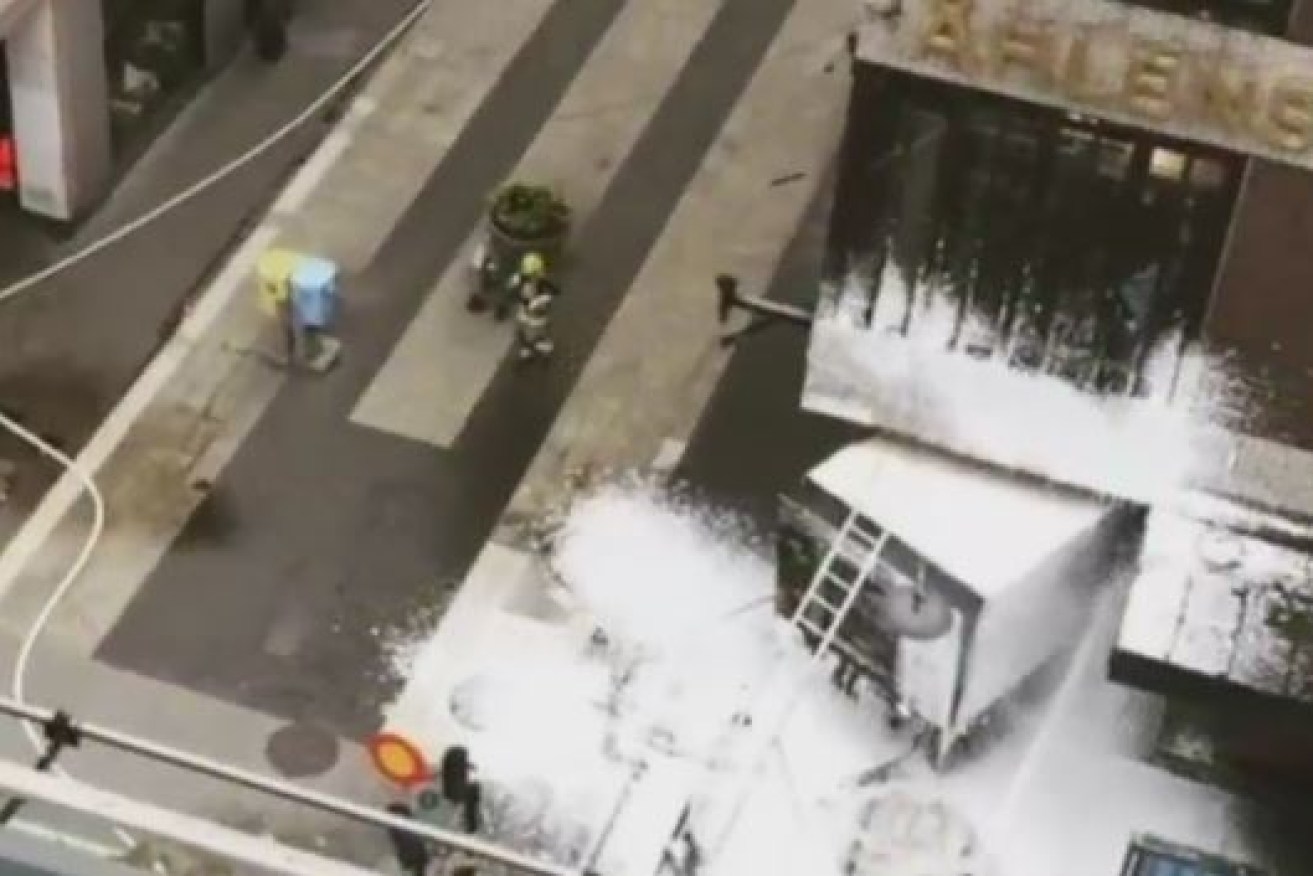
Still covered with fire-fighting foam, the hijacked truck remains jammed in the department store where its driver's lethal rampage came to an end. Photo ABC
The deadly truck attack in central Stockholm has brought Sweden’s open-door immigration policies under increased scrutiny, as authorities continue to question a native of Uzbekistan.
It has raised the question of whether Swedish society, considered democratic and egalitarian, has failed to integrate its newcomers.
The 39-year-old suspect in Friday’s attack had been known to authorities previously but they dismissed him as a “marginal character”. It remains unclear if he is a Swedish citizen or resident, or even how long he had been in the country.
The attack left four people dead and 15 others injured. In response, hundreds gathered on Saturday at the site of the crash in Stockholm, building a wall of flowers.
“We have been too liberal to take in people who perhaps we thought would have good minds. But we are too good-hearted,” said Stockholm resident Ulov Ekdahl, a 67-year-old commercial broker who went to the memorial.
Joachim Kemiri, who was born in Sweden to a Tunisian father and a Swedish mother, said migrants and refugees had been arriving in too-large numbers.
Sweden has long been known for its open-door policy toward migrants and refugees.
But after the Scandinavian country of 10 million took in a record 163,000 refugees in 2015 — the highest per-capita rate in Europe — Prime Minister Stefan Lofven conceded it could no longer cope with the influx.
At a press conference in late 2015, deputy prime minister Asa Romson broke into tears as she announced measures to deter asylum-seekers in a reversal of Sweden’s welcoming policy toward people fleeing war and persecution, a move she lamented as a necessary but “terrible decision”.
No-one has claimed responsibility for Friday’s attack but Sweden’s police chief said authorities were confident they had detained the man who carried it out.

A forest of flowers, a blaze of candles and a river of tears near the scene of the Stockholm’s truck massacre. (Photo: AAP)
Uzbekistan and other former Soviet central Asian republics have long been a fertile recruiting ground for Islamic militant groups, notably the Islamic Movement of Uzbekistan, which formed in 1998.
Originally allied with Al Qaeda, many of the group’s fighters have switched to Islamic State group affiliation.
Sweden’s police chief Dan Eliason said officers found something in the stolen beer truck that “could be a bomb” or an incendiary device, but said they were still investigating.
The populist, right-wing Sweden Democrats have tapped into a growing anti-immigrant sentiment. Mattias Karlsson, the party’s parliamentary group leader, said he felt “anger and sorrow but not shock” over the attack.
“Unfortunately, there have been clear signs that it was just a question of time before the next attack would hit Sweden,” he said.
“It will have far-reaching implications for society and politics.”
Steve Eklund, an office worker a few blocks away from where the attack occurred, said Sweden’s immigration policy had gone wrong.
“But it takes two to tango — the immigrants living here need to reach out to ethnic Swedes too.”
